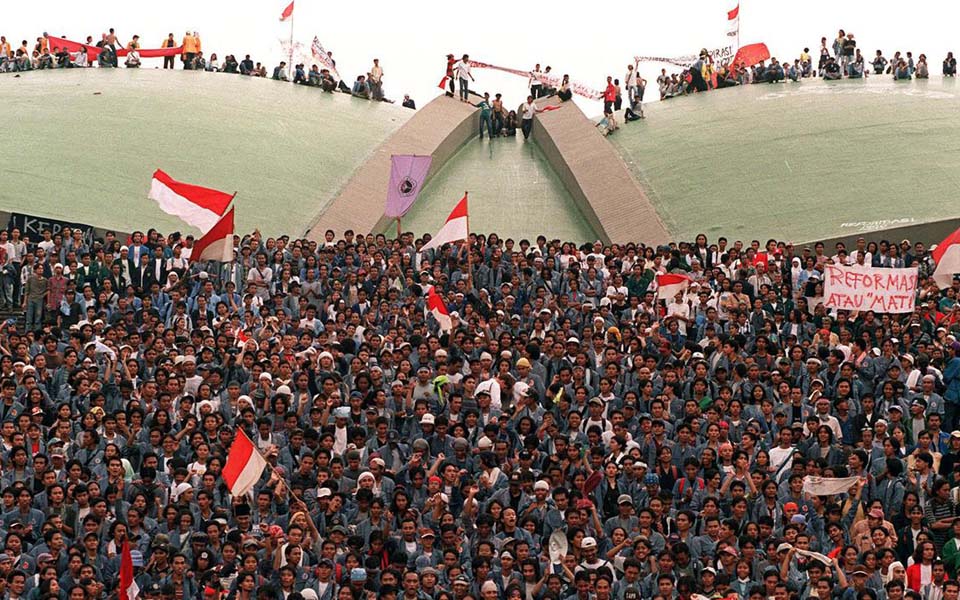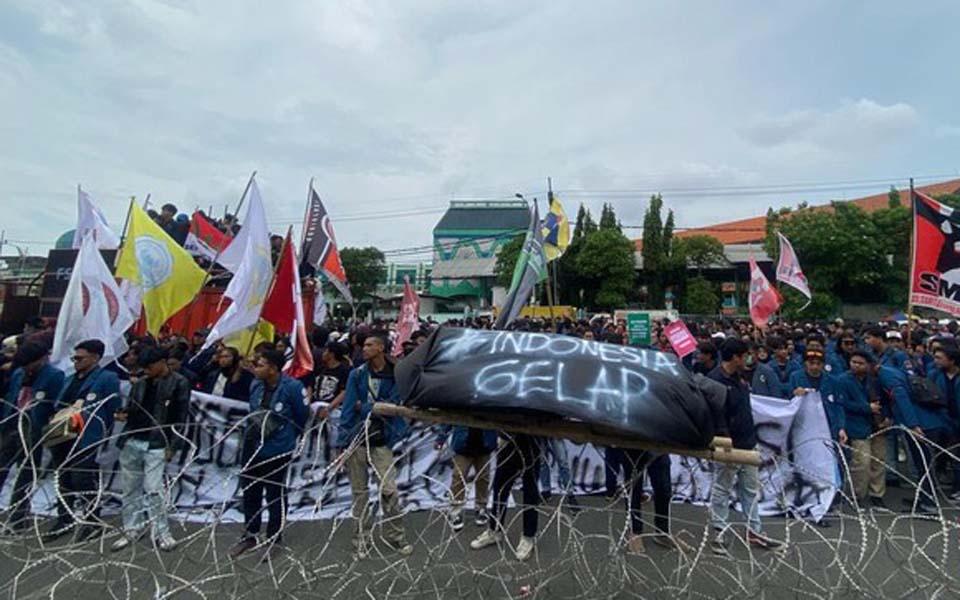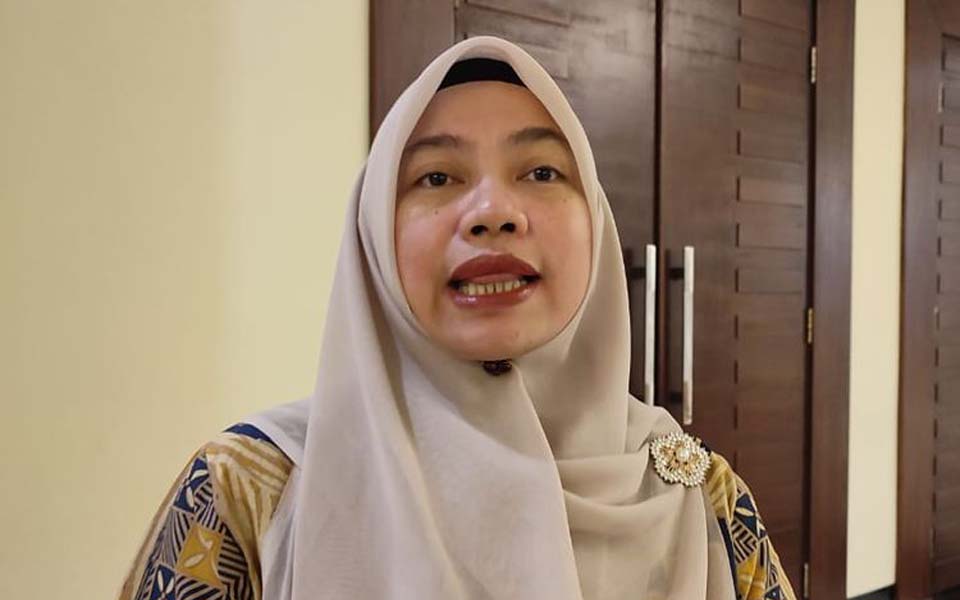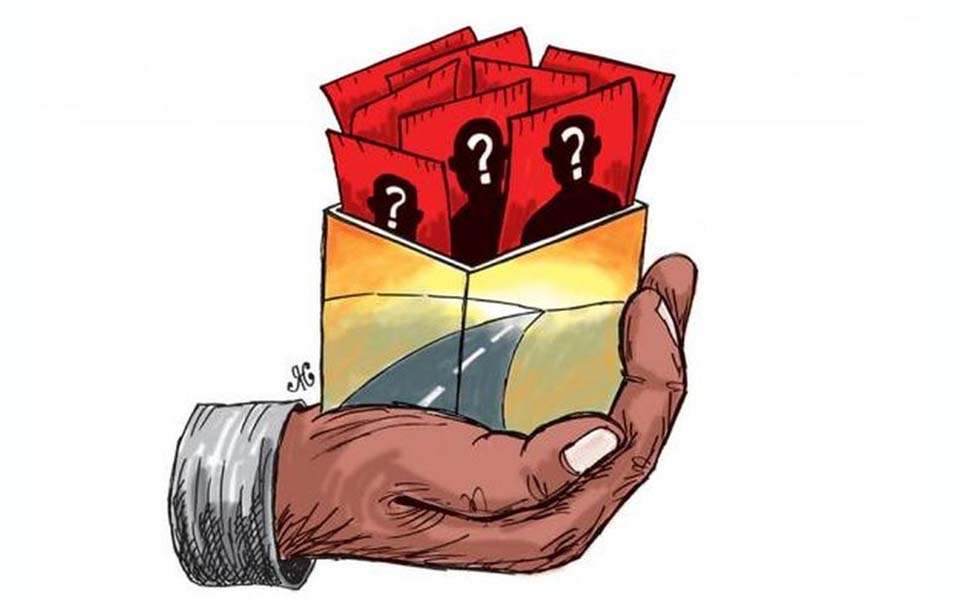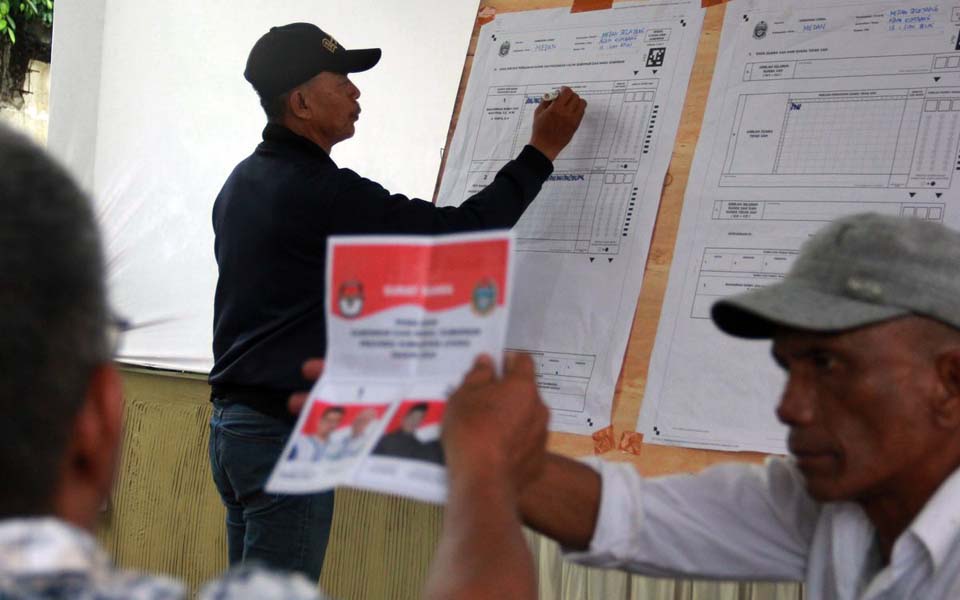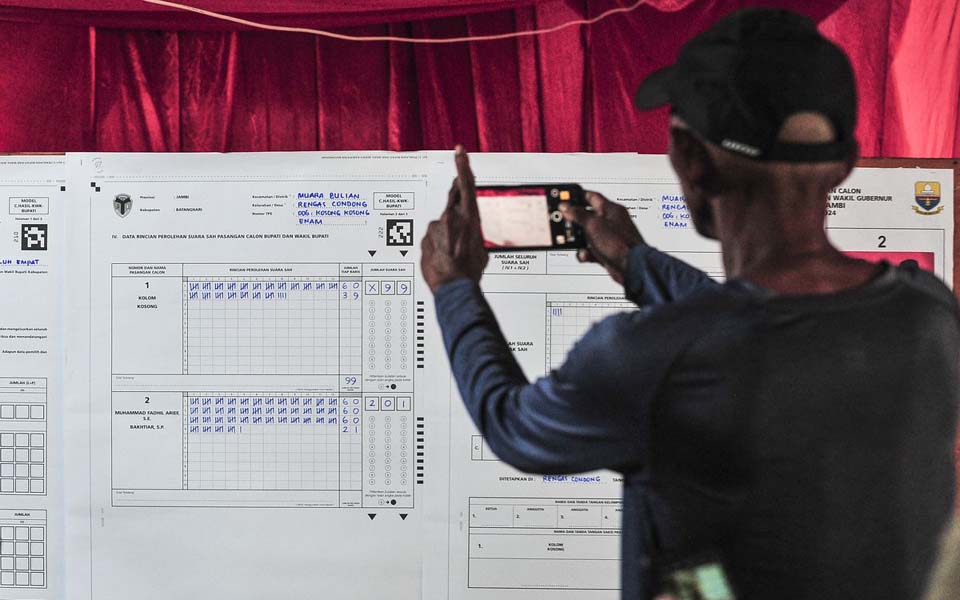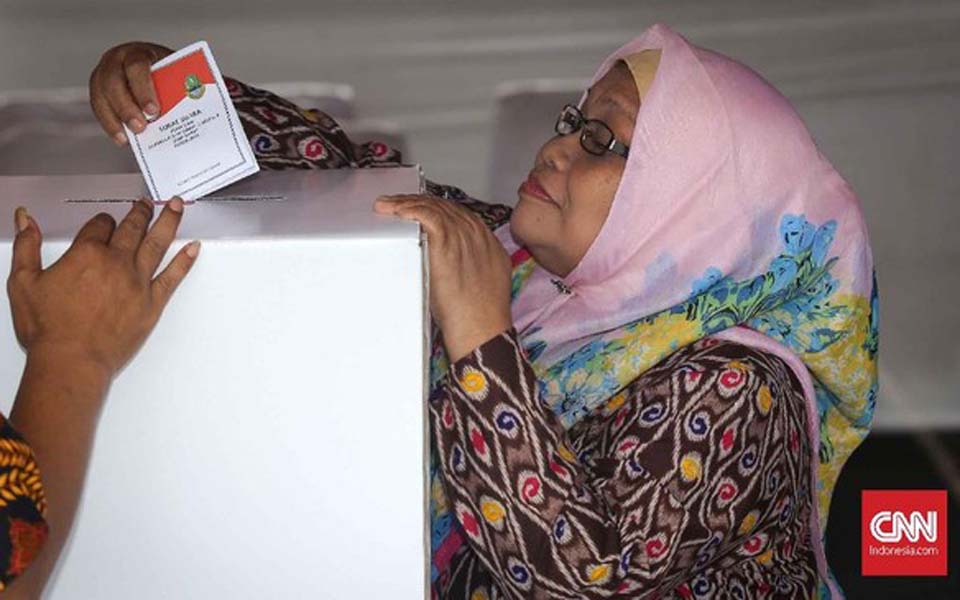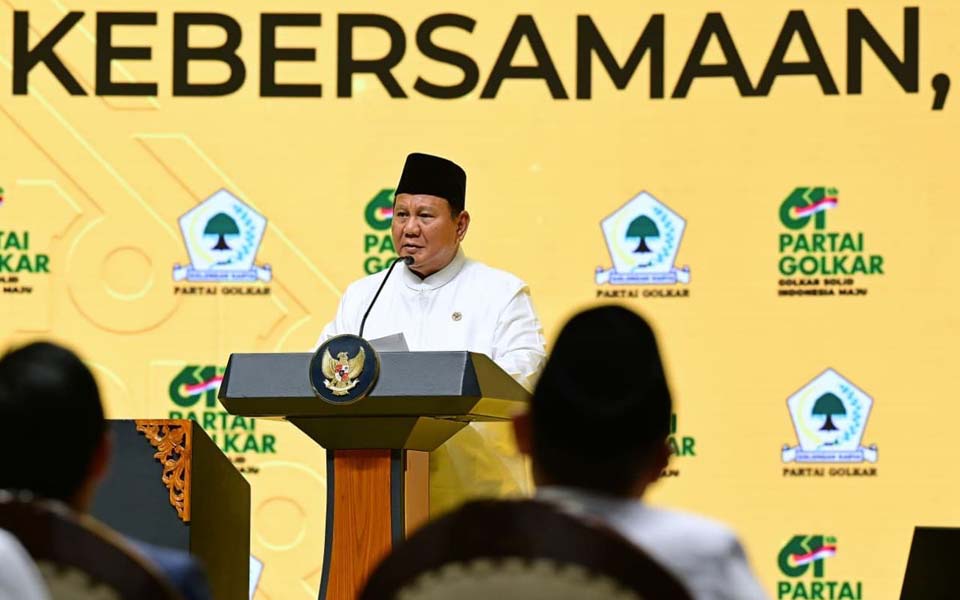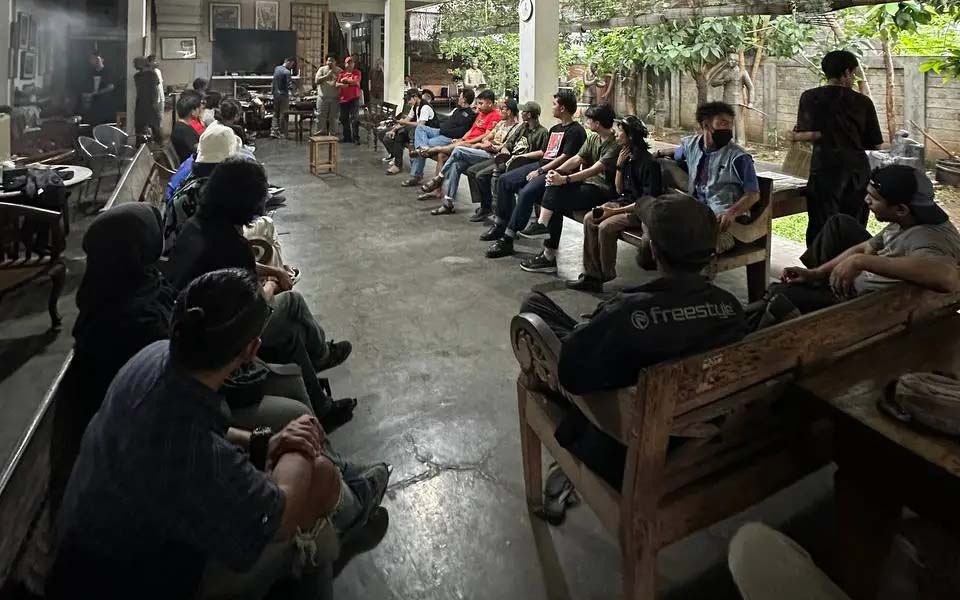Dika Mohammad – Reformasi – the political reform process that began in 1998 – was an important moment in Indonesian political history. It marked the end of the New Order authoritarian regime. After 27 years have passed however, it is increasingly clear that these reforms only managed to bring down the figure – former president Suharto – not the system. The economic and political foundations that sustained the dictatorship remain intact, and are even stronger.
Certainly, procedural democracy has been established. Multiparty elections, press freedom and regional autonomy are worshiped as the success of reformasi. But in reality, the New Order oligarchy actually transformed and strengthened itself in a new format: through political parties, corporations, mass media and state apparatus. Instead of dismantling the oppressive system, reformasi actually modernised capitalism in the form of a liberal-oligarchic democracy.
Reports by Oxfam and the International NGO Forum on Indonesian Development (INFID) in 2023 stated that 1 percent of the richest people in Indonesia control more than 45 percent of the national wealth. This inequality is not a coincidence, but the systemic results of the neoliberal economic model that has been applied since reformasi. Class exploitation has not been removed – it has been legitimised and strengthened through electoral political mechanisms.
The state is not a neutral referee, but a device of dominant class power
In the mainstream narrative, the state is described as the guardian of law and to balance social conflicts. From the perspective of historical materialism however, the state in a class society is never neutral. It is a device for the dominance of the ruling class to maintain unequal relations of production.
The capitalist state not only passively allows injustice to occur – it actively regulates, protects and even oppresses for the sake of the accumulation of capital. The state does not belong to the ordinary people, but is a servant of capital.
Concrete examples in plain sight:
- The criminalisation of workers: The 2012 national strike and opposition to the Omnibus Law on Job Creation in 2020 were rewarded with repression and arrests. The state is more busy protecting investment rather than labour rights.
- Land theft: In Wadas (Central Java), Rempang (Riau Island), Seko (South Sulawesi) and various other regions, the state apparatus is used to displace farmers and indigenous peoples for "development" projects that only benefits the elite.
- Social movement repression: Student actions, environmental struggles and various people's movements continue to be repressed. While the environment is destroyed, corporations are protected and even given a red carpet.
The capitalist state is anti-democracy because it hinders the genuine power of the people. It is anti-social justice because it is subject to the logic of profit. It is anti-people because it treats resistance as a threat, not as a democratic right.
Democracy without the people power = false representation
The Indonesian electoral democratic system today is fully controlled by the oligarchy. Almost none of the large political parties grow out of struggle by the ordinary people, but were formed by the bureaucratic elite, the military, technocracy or big capital.
As a consequence:
- Politics has turned into an arena of power transactions, not an ideological battleground.
- Elections have only become a ritual to legitimise the system, not a means of empowering the ordinary people.
- The political parties have become image building machines, not a means of political education or for organising the people.
It is not surprising therefore that surveys show a continued decline in public trust in the political parties and the parliament. The number of vote abstentions increases, not because people are apathetic, but because they feel they do not have a channel that really represents them.
Democracy without people's power people is the mask of fake democracy used to perpetuate the dominance of the elite. Under the capitalist system, political representation is not empowerment, but rather a conflict management strategy so there is no structural change.
Why do we need a people's movement party?
In today's situation of political deadlock, a people's movement party is not just an alternative but is the answer to a historical necessity. The working class, farmers, women, informal workers, indigenous peoples and all oppressed groups cannot continue to depend on the political elite. We need our own political tool, not just an electoral vehicle, but an instrument of struggle to change the system from its roots.
The basic principles of a people's movement party:
a. Independent of capital and the state. This party will not receive funds from corporations, the oligarchy, capitalist donors or the political elite. Financing will come from cadre contributions, party cooperatives and collective solidarity. There will be no compromises for short-term power.
b. Collective leadership, not a single figure. Rejecting the model of a strong individual or charismatic leader. A people's movement party upholds internal democracy, position rotation and regeneration from below. The representation of oppressed groups must be at the centre of leadership.
c. A movement-based party, not an electoral machine. The main focus of the organisation is the grassroots, the labourers, farmers, indigenous peoples, women's organisations, people with disabilities and the informal sector. Elections are only a means, not a goal. The power of the party lies in direct action and mass consolidation.
d. An organic relationship with the people. Party cadres must live and fight with the ordinary people. Political strategy is born from a real conflict, not from the seminar room. The movement is not a seasonal activity, but part of the people's daily lives.
From cosmetic reform to the social revolution
A people's movement party is not formed simply to improve the capitalism system. The goal is to replace it with a genuine democratic and just system.
1. Overthrow capitalism, not alter it: Capitalism is a system that institutionalises exploitation and inequality. It cannot be fixed from the inside. It must be replaced by a system that is based on solidarity and justice.
2. Social ownership of the means of production: Land, factories, energy, education and basic services must be managed collectively by the ordinary people. Economic democracy means the people determine what is produced, for whom and how.
3. Participatory democracy: The people are in power directly. The form of this is the People's Assembly and the Community Councils as the centres for decision making. The people must have the right to revoke a representative who betrays them. Genuine democracy is only possible if the people are truly in power.
4. Ecological justice: Fight capitalism that damages the earth. Capitalism has dragged the earth to the abyss of the climate crisis. The solution is not green washing, but radical transformation. Production must be based on people's needs, not profit. Energy transition must be fair and community-based. Environmental struggle must be united with the class struggle.
The people don't need representatives, the people need power!
The reformasi process starting in 1998 opened up the space for freedom, but failed to destroy the dominance of capitalism and the oligarchy. Democracy without people's power only perpetuates the status quo. So, it is not enough for the people to just be given the right to vote, the people must manage, decide and take the power for itself.
A people's movement party is a means of struggle to surpass today's political deadlock. It is not a party to simply participate in the elections, but to build the power of the ordinary people, to fight for social justice, participatory democracy and ecological justice.
The people do not need representatives, the people need power! A people's movement party: For social justice, participatory democracy and ecological justice!
– The writer is the national secretary of the Indonesian People's Union of Struggle (SPRI) for the period 2022-2027
[Translated by James Balowski. The original title of the article was "Setelah 27 Tahun Reformasi, Kita Butuh Partai Gerakan Rakyat!".]
Source: https://kprina.org/setelah-27-tahun-reformasi-kita-butuh-partai-gerakan-rakyat/





